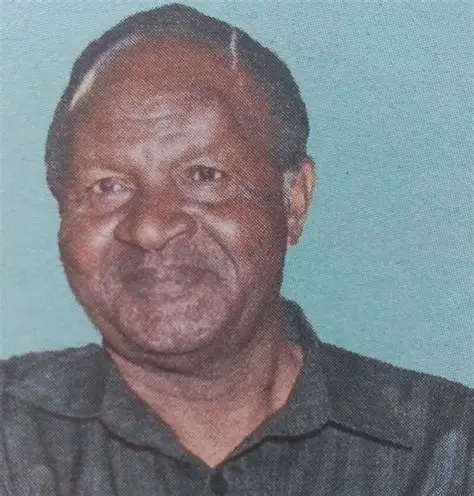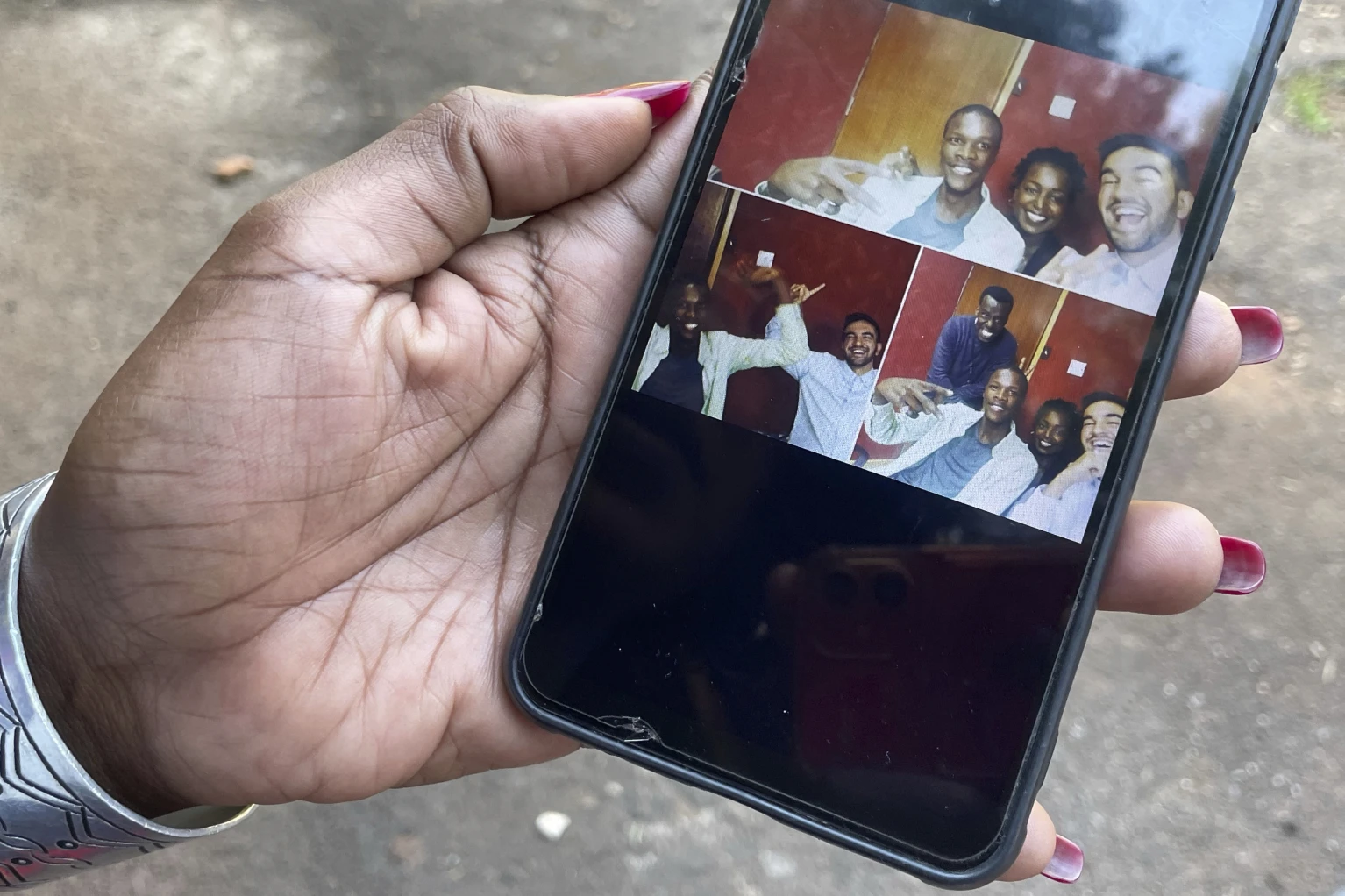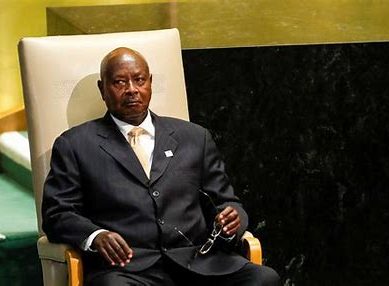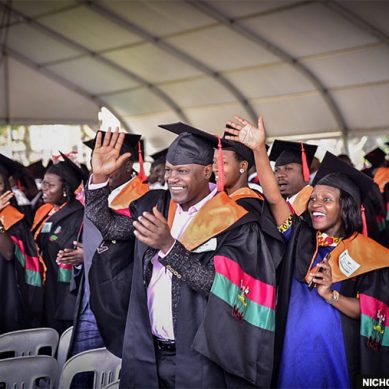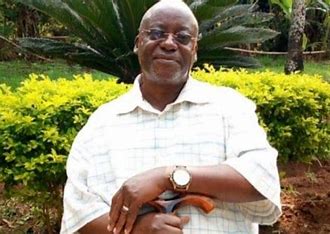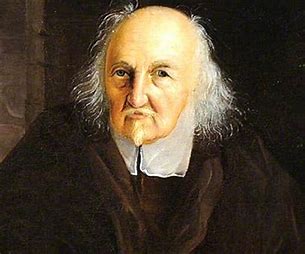Why Museveni should be wary of ‘floating’ population: Grabbing frenzy has created landless, unrepentant and angry Ugandans
If the poor realise what you are doing to them – depriving them of livelihood by grabbing their land by first making them so impoverished that they are hapless and hopeless – you have no peace and belonging in the long-term, however much you want to belong.
Regional and knowledge integration: Why integration of science is key to functional political, economic institutions
No integration scheme, such as East African Community or Nile Basin Initiative will succeed until we embrace, institutionalise and implement the new sciences as the cornerstones of education in the 21st century and beyond.
Zimbabwe syndrome: How Africa’s centres of learning became knowledge pockets that churn out hopeless academics
Unfortunately, in Africa in general and Uganda in particular, overpoliticisation of education and society in the 21st century is the rule rather than the exception. This is combining with the academic interests of control and influence of the slow professors in our greatly disciplined universities to resist the new and different knowledge production cultures/systems of interdisciplinary science, crossdisciplinary science, transdisciplinary science and extradisciplinary science, which are internet age loving.
Politics of pure science in Uganda: Case of how poisoned academic environment smothers critical thinking
The marketplace of ideas holds that the truth will emerge from the competition of ideas in free, transparent public discourse and concludes that ideas and ideologies will be culled according to their superiority or inferiority and widespread acceptance among the population. The concept is often applied to discussions of patent law as well as freedom of the press and the responsibilities of the media in a liberal democracy.
15 years ago: The world is heavy with burden of pain and suffering but having Barack Obama as president mattered
In Obama, so many Black Americans didn’t just see a politician. We saw, in him, fragments of our collective selves – the hopes of Harlem Renaissance poets, the determination of Civil Rights marchers, the ambition of Black students trapped in deliberately underfunded schools. And we saw the deferred dreams of our elders.
While Uganda holds fast onto traditional knowledge silos, interdisciplinarity is taking root in higher education in the world
Structural knowledge is a concept introduced by one of the world’s interdisciplinary education experts, Dr Allen Repko in 2009. It refers to the level of knowledge students need to get to a point of forming their own ideas and solutions to a given problem.
Knowledge integration revolution: Why is crossdisciplinary teaching, learning necessary?
Uganda’s scientists are part of the global movement of science, which is determined to remove faith from human experience, and which is increasingly immoral and unethical as I emphasised in my article Billgating Science to Conquer God’s Project Nature. This has integrated Uganda in the abominable global corruption, which is like a movement against humanity…
Uganda is a mega-monarchy today with small monarchy-like entities where human rights do not matter
Land grabbing has proved greatly injurious to the environment with long-term dire consequences for humanity not only in Uganda but also in the region and the world. For example Mabira Rain Forest, whose influence on climate in Uganda, the region and the world has been reduced to a miniature by the land grabbing culture and behaviour of the powerful and the powerless empowering themselves by their strong ties to power.
Why I despise disciplining knowledge: It oversimplifies the world by destroying its complexity
Disciplining knowledge stifles the emergence of alternative knowledge production cultures or systems, thereby denying the learning enterprise from cultivating alternative scholarship and alternative analysts, let alone genuine team scientists.
Resetting Uganda: Need for broader minds to dismantle education pigeon holes Ugandans are fed in
It is perhaps Hobbes’ observation and awareness that the logical outcome of egotistical individuals, all deciding how best to survive, would be anarchy, that should spur Ugandans to think and rethink their future in light of what is happening. They might even have to rethink the commitment of their leaders to their need for tranquil minds and peace well in the future.

